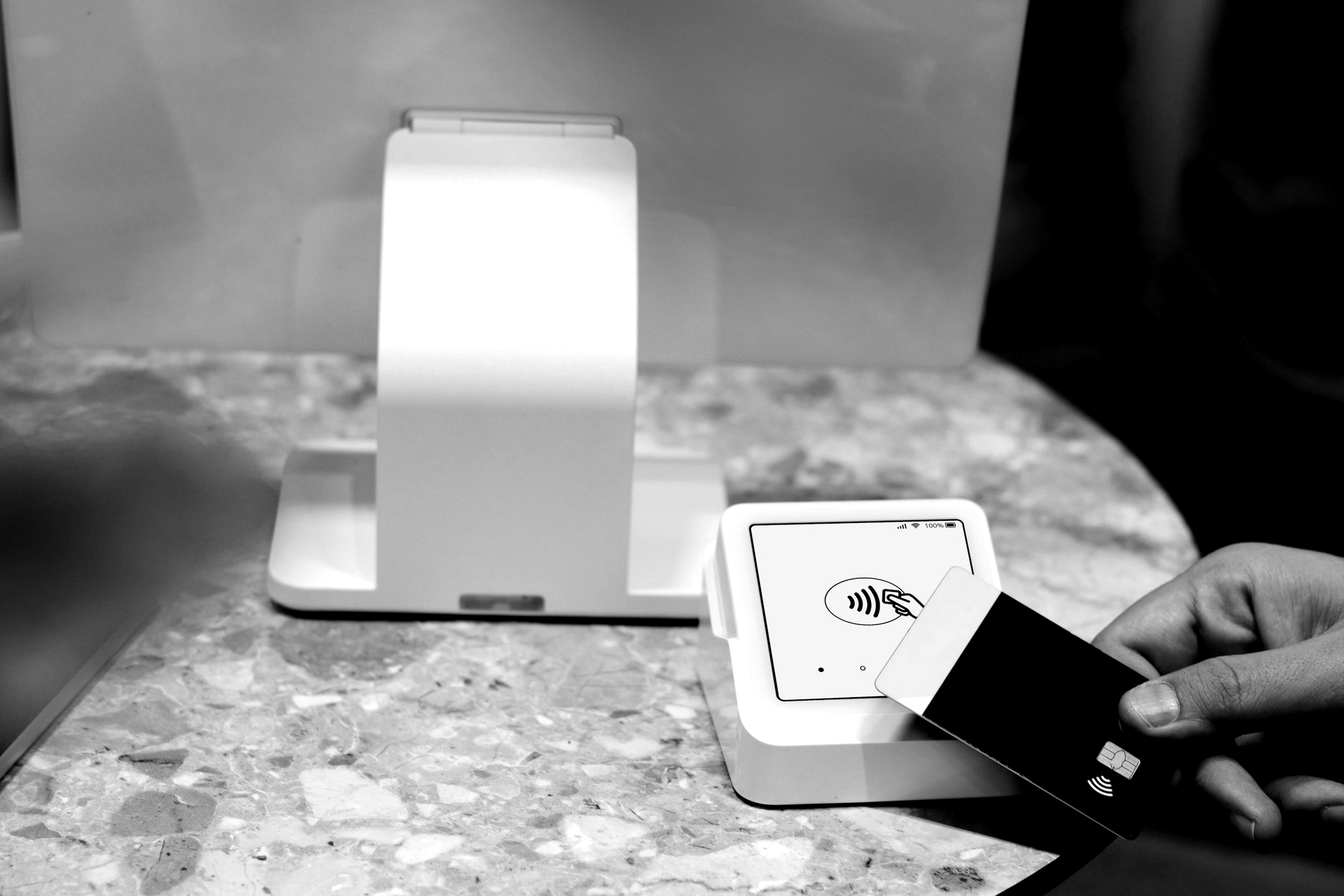Get the Instant Deposit Protection Advantage
Many fintech startups rely on consumer deposits
Until recently the only way to accomplish deposits online would be with ACH debits or card processing.
Unfortunately both of those methods yield on average as much as 200 BPS (2%) of deposit reversals if not deployed in conjunction with analytical account intelligence tools. Since most early stage startups are focused on growth, often times these tools are a late addition.
Account intelligence tools can be expensive and they aren't perfect. Typically an internal team with the aid of fraud tools can reduce deposit fraud to roughly 50 BPS (0.5%).

What's the problem? - Reg-E fraud
The root of the problem isn't really the ACH or card rails themselves, but the consumer authorization (or lack thereof) that force policies that are forgiving to the depositor. Reg-E protects consumers against unauthorized electronic funds transfers (EFTs). In reality it isn't very hard to look around and find some card numbers or bank account details that could be used for deposits and then later, using Reg-E provisions, fraudulently claw back the funds after they have been moved to another location or used up. So without real time authorization, it is impossible to reduce fraud to near zero.
What's the fix? Authorized deposits are NOT subject of Reg-E unauthorized transfers!
Fortunately, the real time rails via FedNow and RTP do support the concept of real time authorization for deposits and as a result, not only is the money instantly collected, but it is considered "good funds", not subject to Reg-E reversal policies. The consumer authorization process makes these funds immune to unauthorized clawbacks or reversals or insufficient funds errors.
Finally!, the US has the right tool for the job instead of trying to use other rails that really aren't built for collecting online deposits.
What's the catch?!, why now?!
2024 is the year of adoption. Until this year, the banks that support deposit authorization was nascent. Trice has been tracking this growth curve and we are thrilled about the progress since the beginning of the year. With the latest addition of Wells Fargo to the list last month, network reach for instant deposit authorization has now reached over 40% of US checking accounts. That's an instant drop of 41% in depository fraud!
Is your company interested in instant protected deposits?
We would love to help support you reduce depository risk and increase liquidity.

